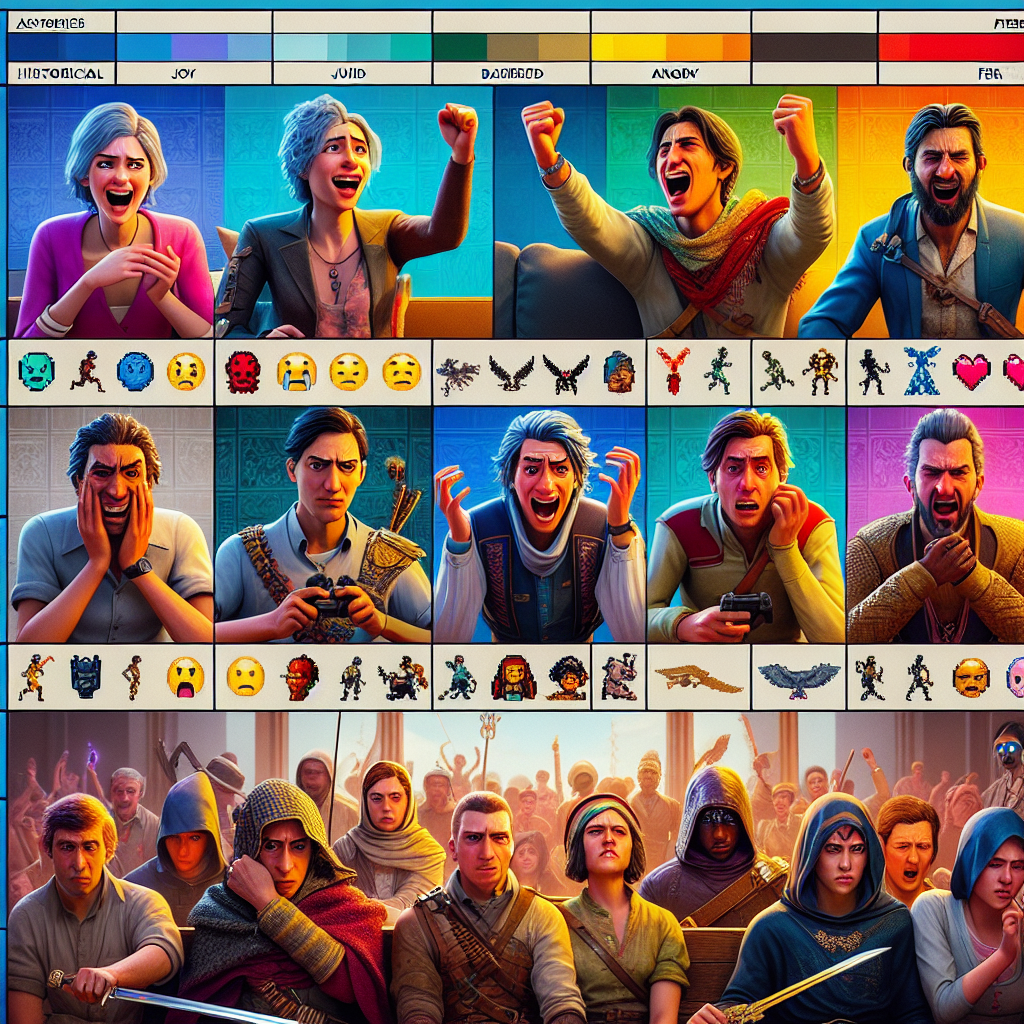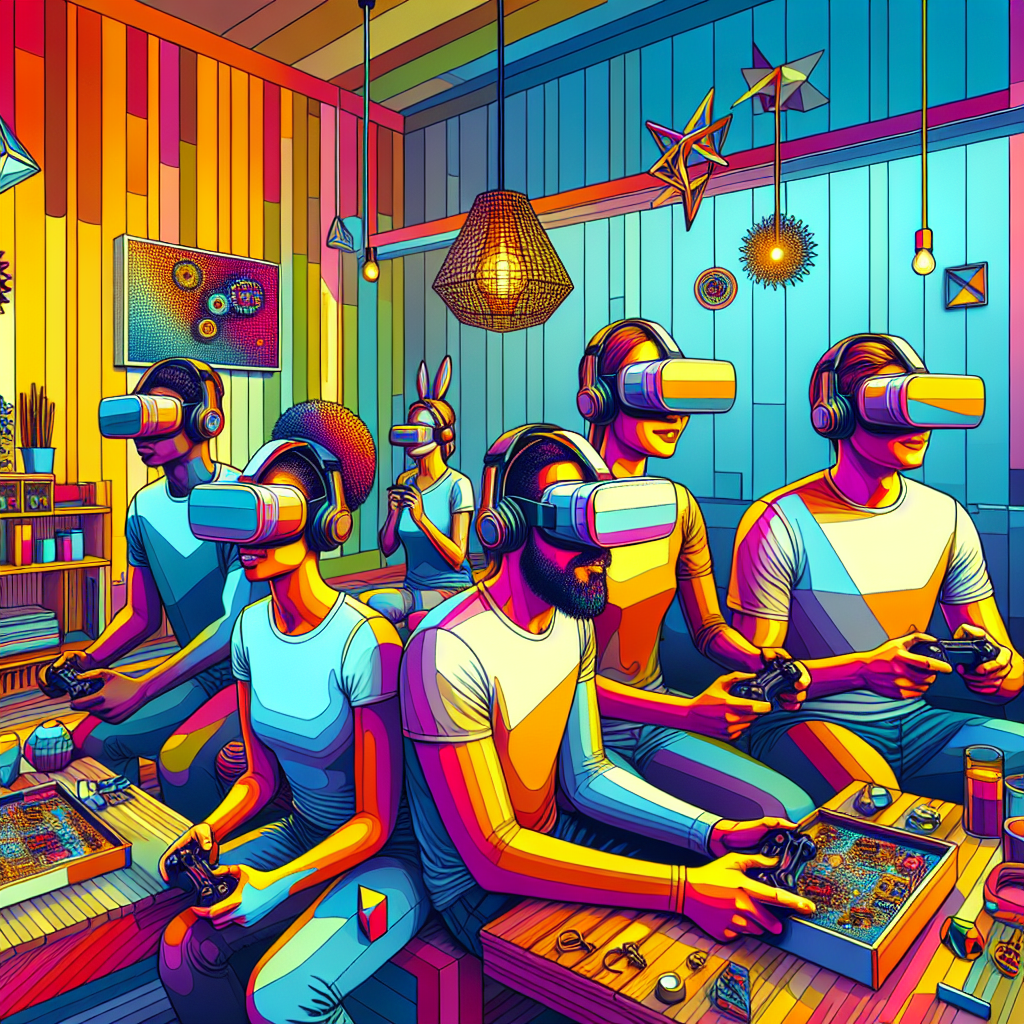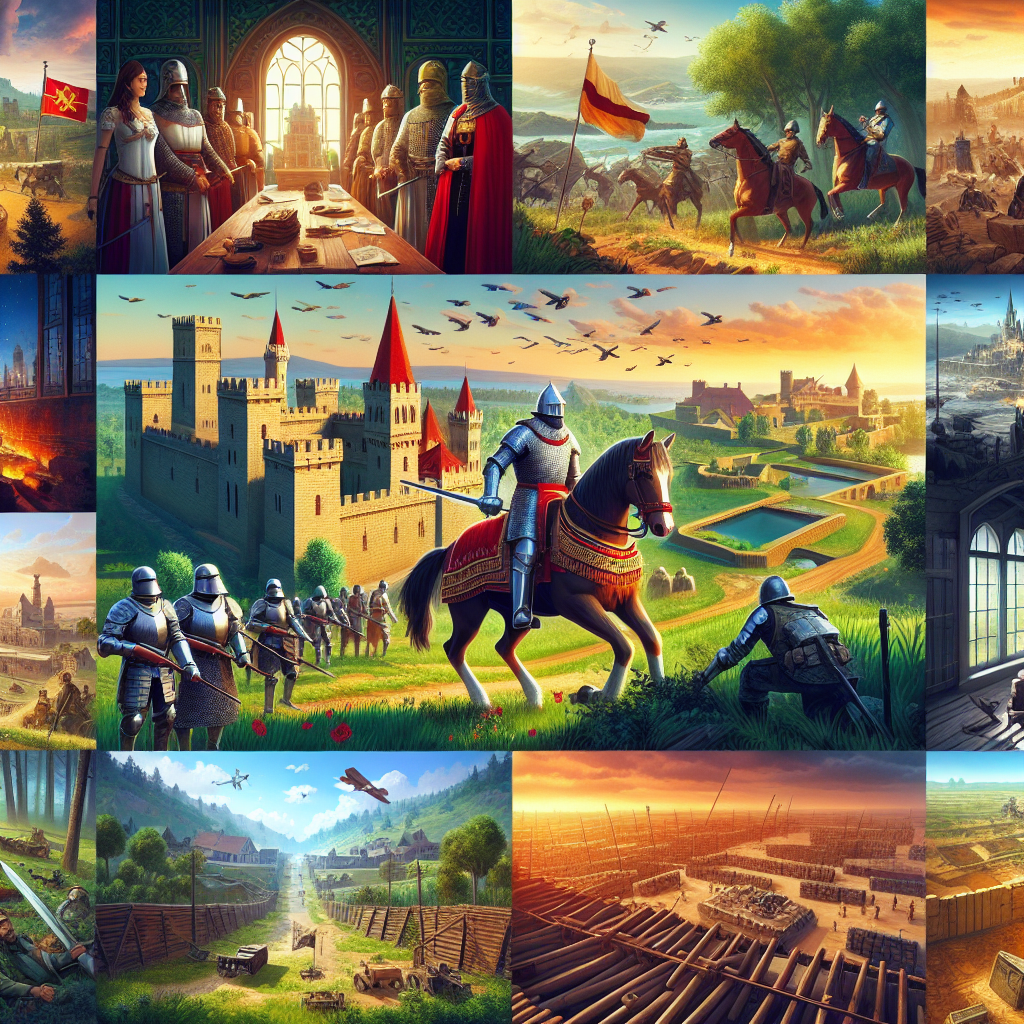Games reflect human emotions in ways that resonate deeply with players. Through interactive storytelling and immersive gameplay, video games become a canvas for expressing feelings that might be difficult to articulate in real life. This connection between gaming and human emotions not only enhances the gaming experience but also fosters empathy and understanding among players.
Emotional Storytelling in Games
One of the primary ways games reflect human emotions is through their narratives. Many games feature complex characters facing emotional dilemmas, allowing players to experience a range of feelings as they progress through the story. For instance, titles like The Last of Us and Life is Strange delve into themes of loss, love, and sacrifice, effectively engaging players on an emotional level. As players navigate these emotional landscapes, they often find themselves reflecting on their own experiences and feelings, highlighting the profound impact games can have.


Gameplay Mechanics and Emotional Engagement
In addition to storytelling, gameplay mechanics also play a crucial role in how games reflect human emotions. Certain mechanics can evoke specific feelings, such as tension during a horror game or joy during a victory in a sports game. For example, the use of music and sound effects can amplify emotional responses, making players feel more connected to the game. The thrill of a close victory or the despair of a sudden defeat can mirror real-life emotions, creating a powerful bond between the player and the game.
The Social Aspect of Gaming
Moreover, games often serve as social platforms where players can share their emotional experiences. Multiplayer games foster collaboration and competition, allowing players to connect with others who may be feeling similar emotions. This shared experience reinforces the idea that games reflect human emotions not just on an individual level but also within a community. Through cooperative gameplay or storytelling, players can express and explore their feelings together, which can lead to meaningful interactions and friendships.
In conclusion, games reflect human emotions in multifaceted ways, from storytelling and gameplay mechanics to social interactions. They provide a unique medium for players to explore and express their feelings, making gaming a powerful tool for emotional connection and understanding. As the gaming industry continues to evolve, the reflection of human emotions will likely become even more intricate and impactful, inviting players to engage with their inner selves and each other in new and exciting ways.
Some content and/or images on this page were created using AI.





